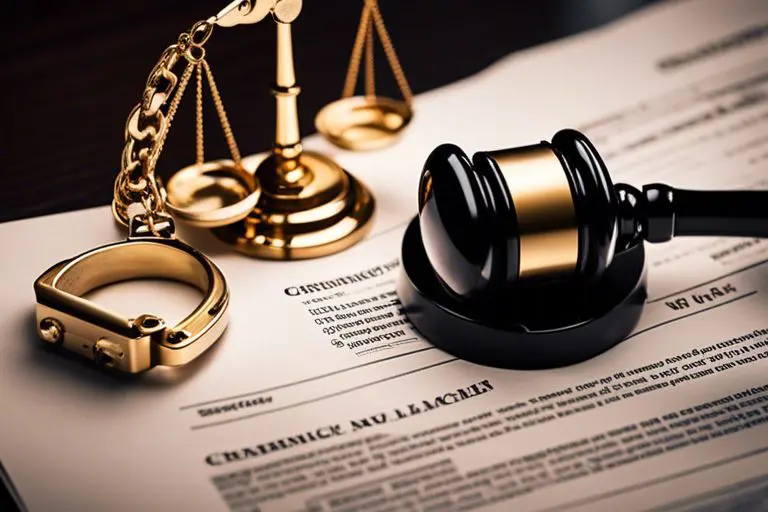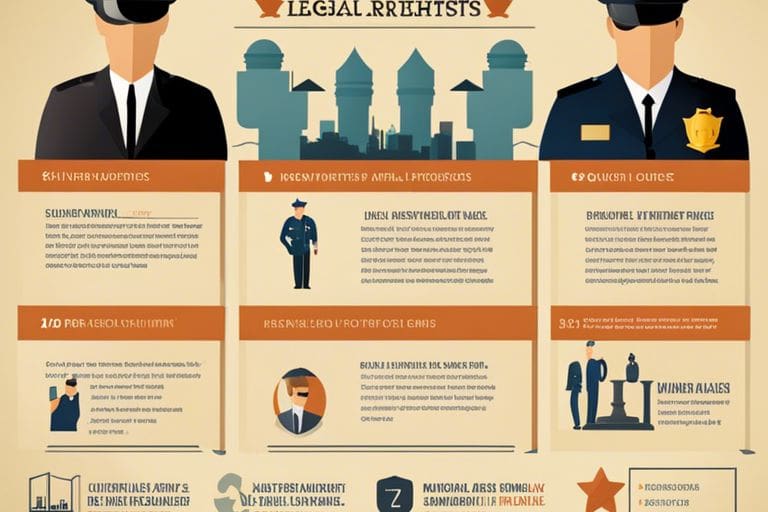Arrest
The Arrest Process: Understanding Your Rights and Legal Procedures
An arrest is a significant event in the realm of legal proceedings, marking the moment when an individual is legally detained by law enforcement on suspicion of committing a crime. Understanding the arrest process and one’s rights during this critical time is vital.
When an individual is arrested, law enforcement must follow certain procedures to ensure that the arrest is lawful. This typically includes the requirement to read the Miranda Rights to the arrested person, informing them of their right to remain silent and the right to an attorney.
One of the most crucial aspects of the arrest process is the lawful basis for the arrest. For an arrest to be valid, law enforcement officers must have probable cause – a reasonable belief that the person has committed a crime. Without probable cause, an arrest may be deemed unlawful, impacting subsequent legal proceedings.
After the arrest, the individual is usually taken into police custody for booking. This process involves recording the person’s information, taking fingerprints, and possibly a photograph. Following booking, the individual may be held in custody pending a bail hearing or released on their own recognizance.
Understanding one’s rights during an arrest is critical. This includes the right to remain silent, as anything said can be used against the individual in court. The right to an attorney is also paramount, and if the arrested person cannot afford one, the court will appoint a public defender.
It is essential for the arrested individual to cooperate with law enforcement officers while maintaining their rights. Resisting arrest or becoming confrontational can lead to additional charges and complications.
The next step in the process is usually the arraignment, where the charges are formally presented, and the defendant may enter a plea. Legal representation is crucial at this stage, as the attorney can provide guidance on the best course of action, whether it’s negotiating a plea deal or preparing for trial.
Additionally, understanding the bail process is important. Bail is set during a hearing and allows the defendant to be released from custody while awaiting trial. Factors influencing bail include the nature of the alleged crime, the defendant’s criminal history, and ties to the community.
In conclusion, being informed about the arrest process and one’s legal rights is crucial. It helps individuals navigate this challenging situation more effectively and protects their legal interests.
Home » video » Other Legal Issues » Arrest
When someone is arrested and taken into custody, they often face a daunting and confusing process....
Over the course of legal proceedings in criminal cases, the term “at large” is often cited...
Working with a bail bondsman can be a straightforward process when you understand the basic steps...
by Attorney Rebecca Houseman, Los Angeles, California and reprinted with permission from Crime, Justice and America...
An Interview With “Donnie Brasco” An Interview with Joseph D. Pistone – Author of “Donnie Brasco:...
Originally printed in 2002 in Crime, Justice and America magazine and reposted with permission from Crime,...
By the editorial staff of Crime, Justice and America magazine. Originally published in 2002, and reposted...
Getting arrested can be a frightening and confusing experience. Knowing your rights and understanding the legal...
Originally printed in 2002 in Crime, Justice and America magazine and reposted with permission from Crime,...
An Interview with Michael Fleeman – Author of “Laci – Inside the Laci Peterson Murders” by...











